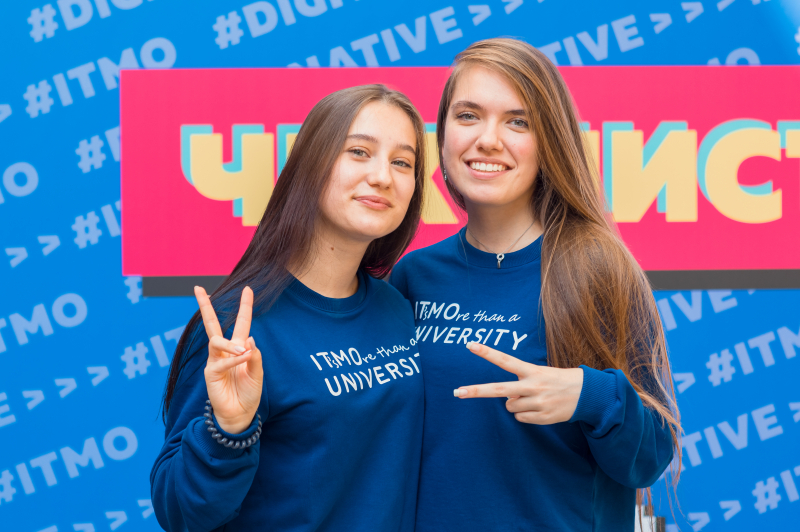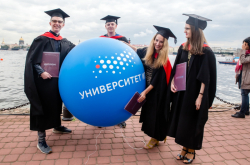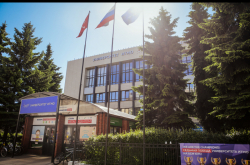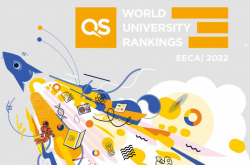QS EECA (Emerging Europe and Central Asia) University Rankings is an annual ranking of higher education institutions from the developing countries of Europe and Central Asia, published by the Quacquarelli Symonds agency. In 2020, the list of universities included 400 institutions from 30 Eastern European countries, Turkey, and seven Central Asian countries. This year, 121 Russian universities made it into the ranking – with 15 of them named among the top 50 in the region.
The QS EECA methodology is somewhat different from that of the global ranking and includes, for instance, a web impact criterion calculated based on the Webometrics Ranking of World Universities, which assesses universities’ online presence. Another unique criterion, international research network, which evaluates the scope of an institution’s international collaborations in research projects. This one is calculated with Scopus data using Margalef's index, which is typically used to evaluate population diversity.
Among other criteria are the faculty/student ratio (which shows the quality of the educational process), the percentage of staff with a PhD degree, the number of citations per paper (excluding self-citations) in 2014-2019, the number of papers per faculty member in 2014-2018, as well as the percentage of international faculty and international students. Just like last year, ITMO’s strongest side is its international research network – here, the university was placed 28th. Among ITMO’s other advantages are a great faculty/student ratio, a large number of international students, and high publication activity. In these categories, ITMO took the 30th, 38th, and 39th positions, respectively.
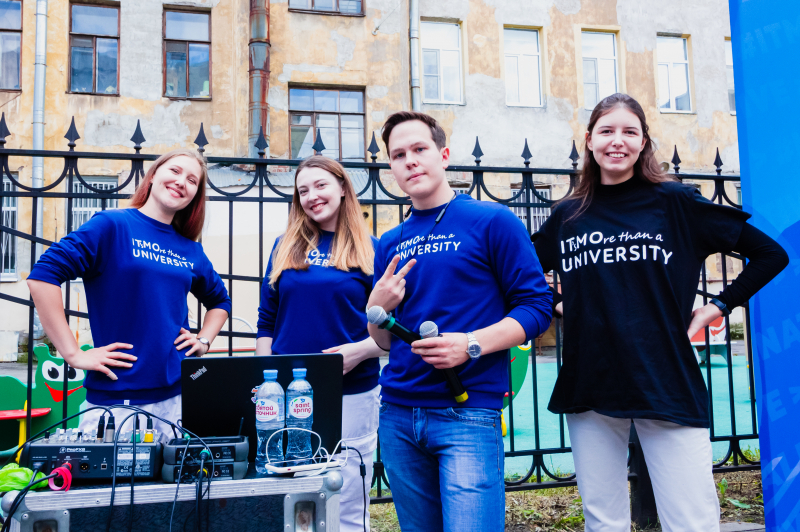
“ITMO started on its path in QS EECA in 2014 at 91-100 positions. Since then, we have been constantly improving our performance, never demonstrating a negative growth dynamic. And now ITMO is in the top 9% of universities in emerging Europe and Central Asia. One of the most crucial among the ranking’s criteria is a university’s employer and academic reputation – QS annually holds major surveys among research and industry representatives, and the results of the survey make up 50% of the ranking’s results. Over the past year, ITMO has once again improved its repupational appraisal, which is a hint to its growing international recognition, as well as its expanding reputation in separate professional fields – from “traditional” computer science and IT to engineering and life sciences,” comments Ilya Kuftiryov, the head of ITMO University’s Rankings Research Center.
He also adds that one of ITMO’s strengths is that it retains its leadership among other Project 5-100 universities in terms of the share of publications created with international collaborators: in 2017-2018 at ITMO it measured to around 48%.
Russian universities have dominated the QS EECA ranking for several years now. For instance, last year, the top 10 included Lomonosov Moscow State University (1st), St. Petersburg State University (2nd), Novosibirsk State University (3rd), and Tomsk State University (8th).
We’ll note that earlier on, ITMO was ranked 360th among the world’s best universities in the QS World University Rankings.
You can view the complete QS EECA ranking here.
